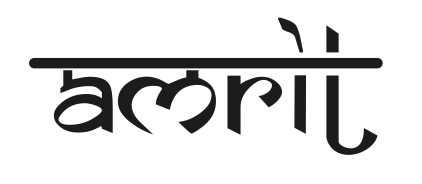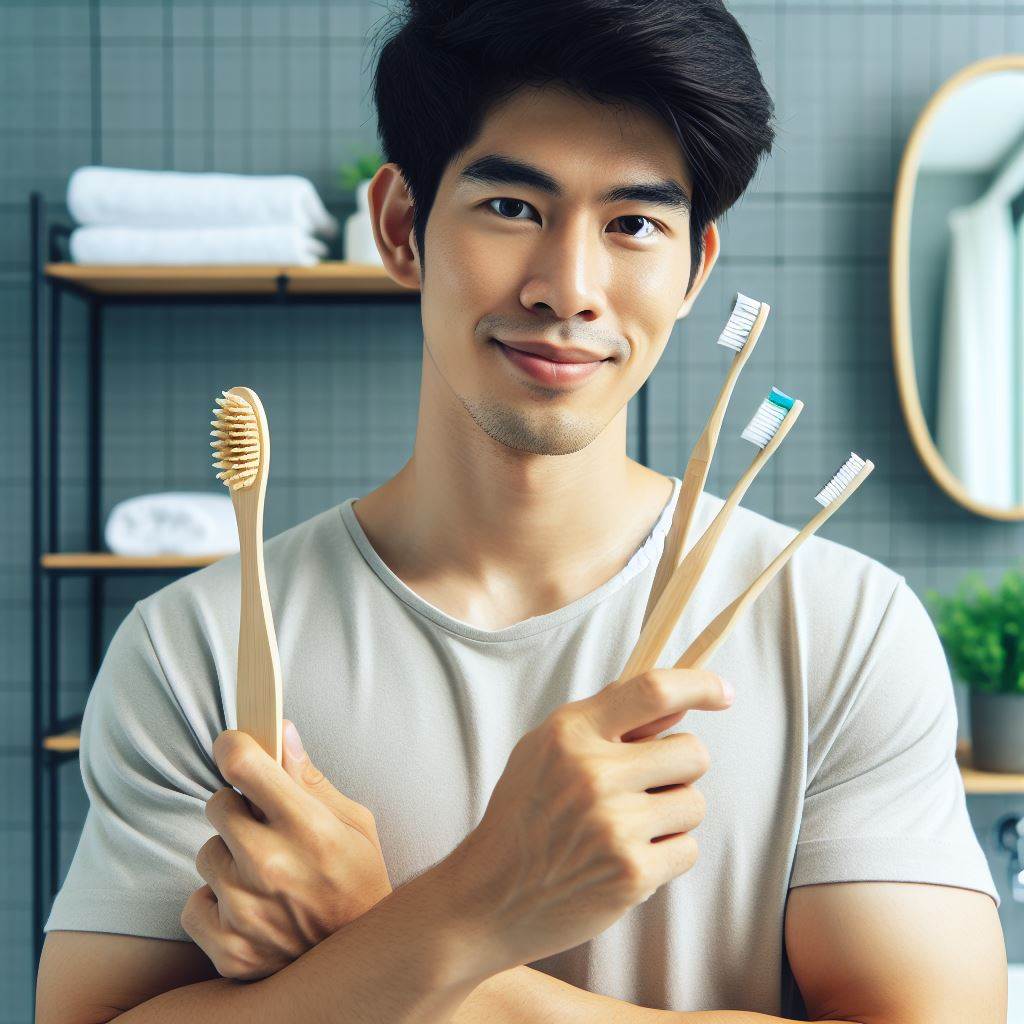Bamboo Toothbrushes, In recent years, we’ve witnessed a significant shift in consumer behavior, with a growing number of people becoming more eco-conscious in their purchasing decisions. This phenomenon, often referred to as “eco-wakening,” has seen a staggering 71% rise in online searches for sustainable goods globally over the past five years. Consumers are increasingly holding brands accountable for environmental impact, expecting them to be as responsible for positive change as governments.
The humble toothbrush is a prime example of an everyday item that has contributed to the plastic problem. For centuries, toothbrushes were made from natural materials, but the early 20th century brought a wave of plastic innovation. Manufacturers began substituting nylon and other plastics into toothbrush designs, and since then, nearly every toothbrush made is still out there in the world somewhere, living on as a piece of trash. Today, designers are reimagining this crucial object in ways that put less stress on the planet, signaling a move towards more sustainable practices in our daily routines.
The Environmental Impact of Plastic Toothbrushes
The issue of plastic waste is one of the most pressing environmental challenges we face today. The statistics are indeed staggering:
- Global plastic production has more than doubled in the last two decades.
- An estimated 0.5% of plastic waste ends up in the ocean, contributing significantly to marine pollution.
- Every year, about eight million tons of plastic waste escapes into the oceans from coastal nations.
Plastic toothbrushes play a notable role in this environmental crisis. Here’s how:
- A billion toothbrushes are thrown away in the U.S. alone each year, most of which are plastic.
- Since their development in the 1930s, nearly every plastic toothbrush ever made still exists, as they take hundreds of years to decompose.
- The production and disposal of plastic toothbrushes contribute to resource depletion, landfill overflow, and microplastic pollution.
These toothbrushes start their life as petroleum, a finite fossil fuel, and end up on long, environmentally destructive journeys before becoming a part of our daily routine. The emissions from their manufacturing process add to the increase in greenhouse gases, exacerbating climate change.
Enter the Bamboo Toothbrush
Bamboo has emerged as a sustainable material due to several key factors:
- Rapid Growth: Bamboo is one of the fastest-growing plants on Earth, capable of reaching full height in a single season.
- Regeneration: After harvesting, bamboo can regenerate from its root system without the need for replanting.
- Strength and Durability: Despite its lightweight, bamboo is incredibly robust, often stronger than timber and more durable than steel in terms of tensile strength.
- Carbon Sequestration: Bamboo absorbs more carbon dioxide compared to many other plants and releases more oxygen, contributing positively to the fight against climate change.
The lifecycle of a bamboo toothbrush can be summarized as follows:
- Growth: Bamboo grows rapidly in a variety of climates without the need for pesticides or much water.
- Harvesting: The bamboo is harvested and then processed into the shape of a toothbrush handle.
- Use: A bamboo toothbrush is recommended to be used for 3 to 4 months, similar to plastic toothbrushes.
- Disposal: Once disposed of, the bamboo handle is biodegradable and can decompose, returning nutrients to the soil. However, the bristles, often made from nylon, need to be removed and disposed of separately as they are not biodegradable.

Benefits of Bamboo Toothbrushes for the Planet
- Biodegradability: The bamboo handle of a toothbrush is naturally compostable. Unlike plastic, which can take hundreds of years to break down, bamboo can decompose back into the soil without leaving harmful residues, thus significantly reducing landfill waste.
- Renewable Resource: Bamboo’s rapid growth rate makes it a highly renewable resource. It can grow to full size in just 3-4 months, compared to trees which can take decades. This means that bamboo can be harvested sustainably without depleting resources or causing deforestation.
- Carbon Sequestration: Bamboo forests are excellent at absorbing carbon dioxide from the atmosphere. They have a higher carbon uptake than many tree species and can help combat climate change by reducing the amount of greenhouse gases.
Oral Health and Environmental Health
When comparing the effectiveness of bamboo vs. plastic toothbrushes, it’s important to note that both can be equally effective for oral hygiene if used properly. The main difference lies in their environmental impact. Bamboo toothbrushes, while having a lower carbon footprint during production, may not always offer the variety of bristle types and head sizes recommended by dentists for specific oral health needs1. However, innovations in design are addressing these limitations, making bamboo toothbrushes more comparable to plastic ones in terms of oral care effectiveness.
Regarding the natural antimicrobial properties of bamboo, there is a common belief that bamboo possesses an inherent ability to repel bacteria, known as “Bamboo Kun.” This is thought to contribute to bamboo’s effectiveness in various applications, including toothbrushes. However, some studies suggest that natural bamboo fiber does not have significant antibacterial properties compared to other materials like cotton. This indicates that while bamboo may have certain antimicrobial properties, they might not be as strong as often perceived.
Making the Switch: What Consumers Need to Know
When considering a switch to bamboo toothbrushes, consumers should be aware of the following:
- Sustainability: Bamboo toothbrushes are a sustainable choice as they are made from a rapidly renewable resource that is biodegradable and compostable.
- Oral Health: Ensure the bamboo toothbrush you choose has soft, BPA-free bristles. Some are made from plant-based materials like castor oil or nylon-4, which are gentle on the gums and effective in cleaning.
- Handle Design: The handle should be comfortable to hold and use. Look for a smooth finish to ensure longevity and effectiveness.
- Care and Maintenance: After use, rinse your bamboo toothbrush thoroughly and let it air dry in an upright position to prevent mold. Store it in a dry place and replace it every three to four months, or when the bristles become frayed.
- Disposal: Before composting the handle, remove the nylon bristles with pliers. The handle can be composted in a commercial facility or at home, while the bristles should be disposed of separately.
By making the switch to bamboo toothbrushes, consumers can contribute to a healthier planet without compromising their oral health. It’s a simple yet impactful step towards a more sustainable lifestyle.
Conclusion
The shift towards bamboo and other eco-friendly products is not just a trend; it’s a reflection of the growing awareness and responsibility we all share for our planet’s future. Individual choices play a crucial role in global sustainability efforts. Each sustainable choice we make, whether it’s opting for a bamboo toothbrush or reducing our plastic use, contributes to a larger collective impact. These choices send a powerful message to businesses and policymakers about our priorities as consumers.
Encouraging a shift towards eco-friendly products involves raising awareness, providing incentives, and sometimes, implementing policies that favor sustainable alternatives. Brands can transform sustainability into an advantage by communicating tangible impacts, engaging customers in meaningful conversations, and crafting loyalty programs that reward eco-conscious behavior.
As we look to the future, it’s clear that bamboo represents more than just an alternative material—it symbolizes a path towards a more sustainable and conscientious way of living. By embracing bamboo and other sustainable practices, we’re not just making a statement about our personal values; we’re actively participating in shaping a more sustainable world for generations to come. Switching to bamboo toothbrushes is a simple yet impactful way to contribute to a healthier planet. For more eco-friendly tips and products, visit The Amrit Life.











